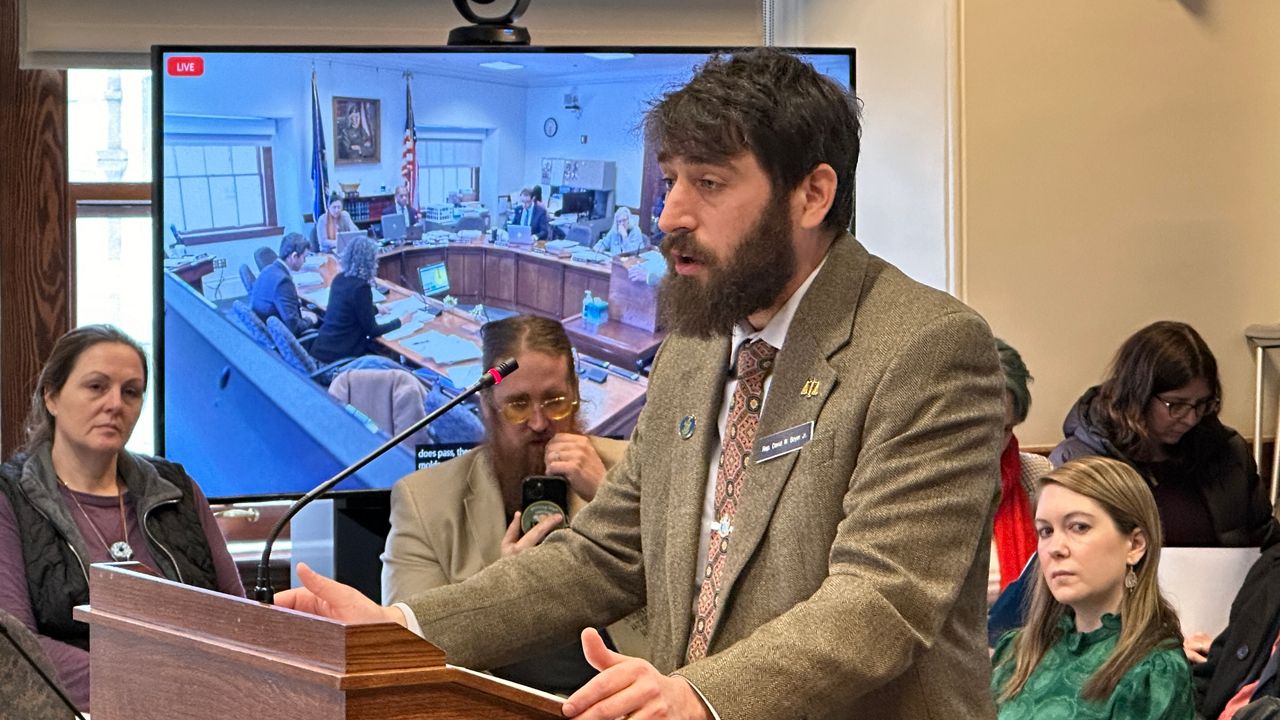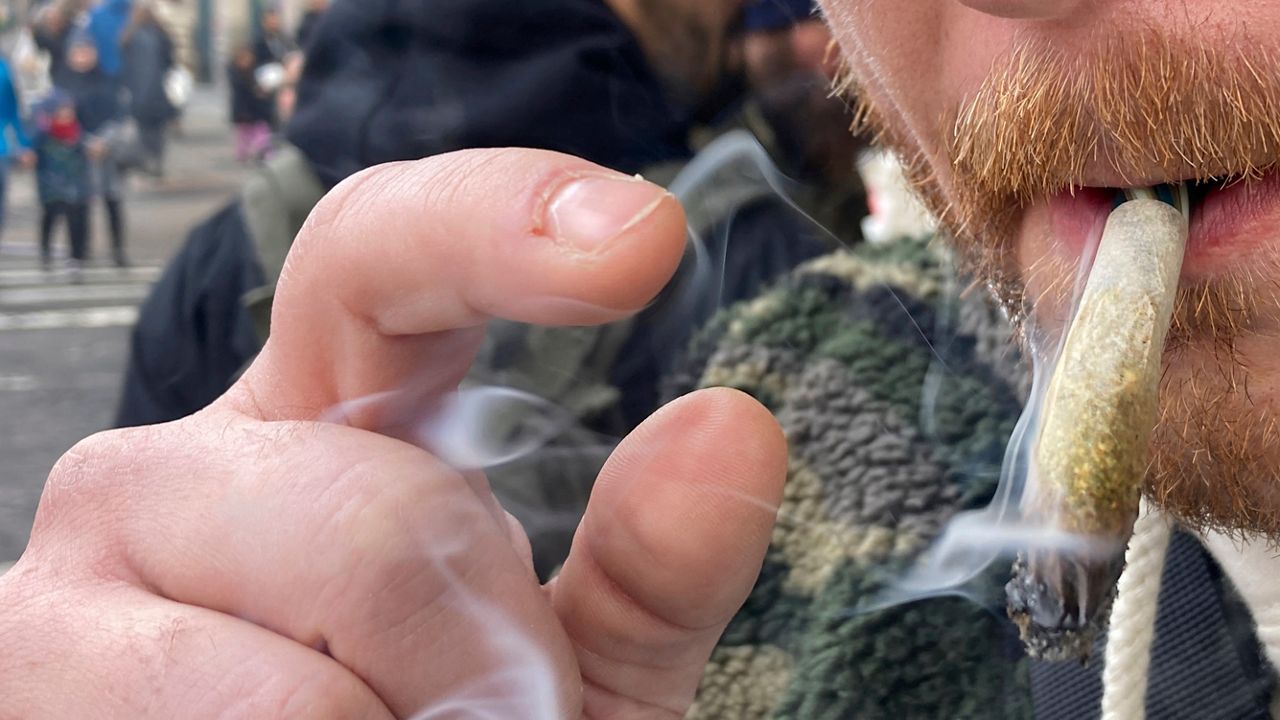Mainers and tourists would be able to consume cannabis in a social club-type setting under a bill now being considered by lawmakers.
Rep. David Boyer (R-Poland) said his on-site cannabis consumption bill would create spaces similar to brew pubs.
“It would provide a controlled and regulated environment for adults similar to a brew pub that allows you try different beers and then take some home,” he told members of the Legislature’s Veterans and Legal Affairs Committee. “This would help ensure public safety and reduce the likelihood of public cannabis consumption in inappropriate places.”
He said the areas would be particularly beneficial for tourists who may not be allowed to use cannabis in hotel rooms or renters who aren’t allowed to consume or smoke it in their units.
Boyer said 14 others states already allow the establishments, including Massachusetts, New York and Maryland.
His measure, LD 1952, would require a separate license to allow consumption of adult use cannabis. The “cannabis hospitality establishment” would have a controlled area where employees can verify ages. Employees would be required to be trained on how to recognize impairment.
Sen. Jeff Timberlake (R-Turner) questioned Boyer on how law enforcement will be able to test drivers for impairment, noting that there’s no technology currently available to test for cannabis over consumption.
Boyer said police officers could use field sobriety tests — requiring someone to walk a straight line or follow a pen with their eyes — to judge whether someone is safe to drive. And he said regardless of whether there are designated places for people to use cannabis, many people are already consuming it.
Rep. Marc Malon (D-Biddeford) asked if the bill would run afoul of existing law that prohibits indoor smoking.

Boyer compared the idea to cigar lounges and said he would not favor requiring edibles-only because of the delayed time it can take to have an impact when it’s ingested.
“I think having an edible only social club would be bad public health policy and would lead to overconsumption and overserving,” he said.
Opponents, including the Maine Office of Cannabis Policy, say indoor air quality, a lack of available training for servers and the potential for additional impaired drivers are major concerns.
“This bill simply does not address the serious public health and safety issues raised by permitting the public consumption of a substance that impairs critical thinking, memory, judgment, balance and coordination,” said John Hudak, director of the state’s cannabis office.
Maine allows both recreational and medical cannabis sales, with both industries subject to different regulations.
Last year, the medical cannabis industry generated an estimated $230 million in sales through 10 months, according to the most recent data available from Maine Revenue Services.
On the recreational side, the industry had nearly $217 million in sales through all of 2023, according to the cannabis policy office.
Boyer’s bill will continue to be considered by the committee in the coming weeks.



